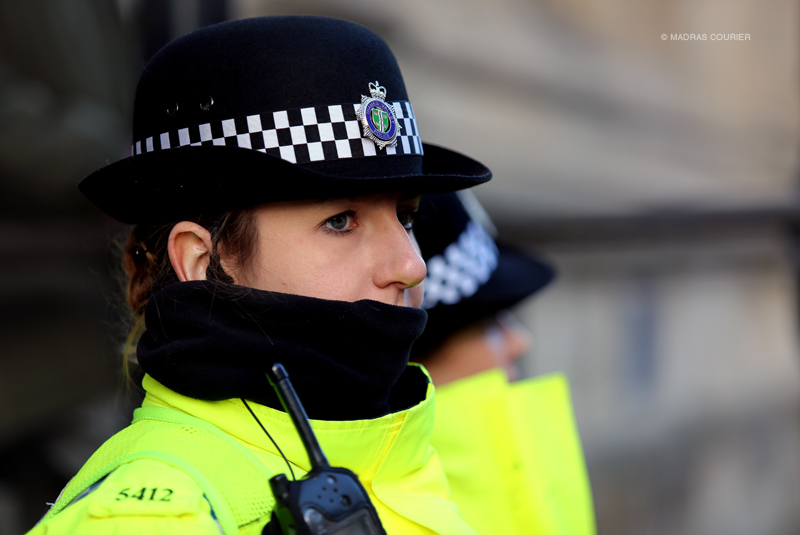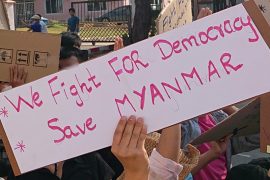Terrorism and surveillance are never too far apart from one another. Ever since Britons have been writing letters, their governments have been trying to read them.
In 1586, Mary, the Queen of Scots, was beheaded after her coded letter was intercepted, decrypted and understood to have given consent for a plot to kill the then-Queen, Elizabeth I. Mary’s plot went askew thanks to a codebreaker who got his hands on her letter, and forwarded it to the authorities with a gallows sign.
With the passing of the Investigative Powers Act (IP Act) in 2016, that codebreaker could be any one of Britain’s several hundred thousand officers in the intelligence agencies, law enforcement bureaus or armed forces. The IP Act, known as the ‘Snooper’s Charter’, grants unprecedented powers of the surveillance, monitoring and hacking of electronic device. It mandates internet service providers to store your internet history for up to a year – and even the National Health Service could request a peek if they so desired.
In the 21st century, it is normal for a terror attack to be followed by more powers to the government. 9/11 was followed by the Patriot Act; the 2002 Indian Parliament attack, by the Prevention of Terrorism Act (POTA). France has been in a state of emergency since November 2015.
Copyright©Madras Courier, All Rights Reserved. You may share using our article tools. Please don't cut articles from madrascourier.com and redistribute by email, post to the web, mobile phone or social media.Please send in your feed back and comments to editor@madrascourier.com











